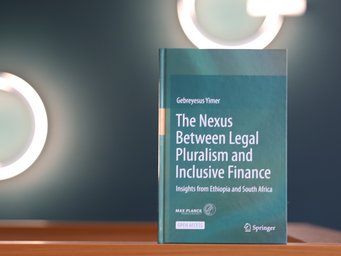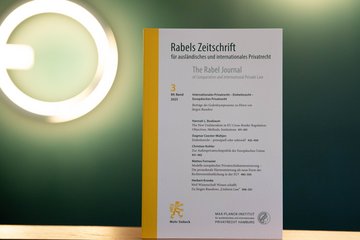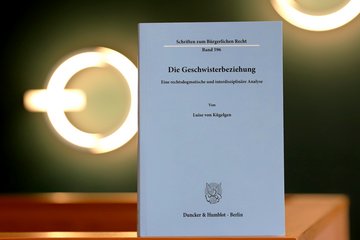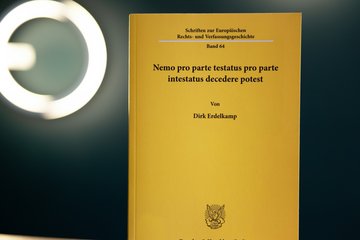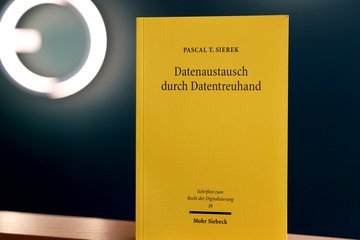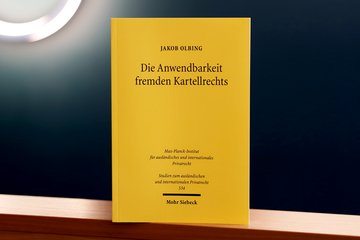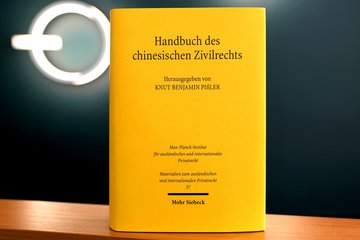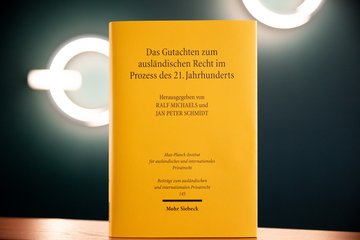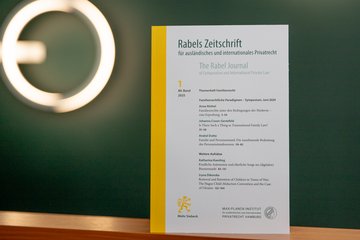Legal pluralism enables inclusive finance
Many in developing countries have limited or no access to the services of regular financial institutions and are thus forced to rely on informal credit markets. Gebreyesus Yimer, a former senior research fellow at the Institute, has studied the role of legal pluralism in enabling inclusive finance.
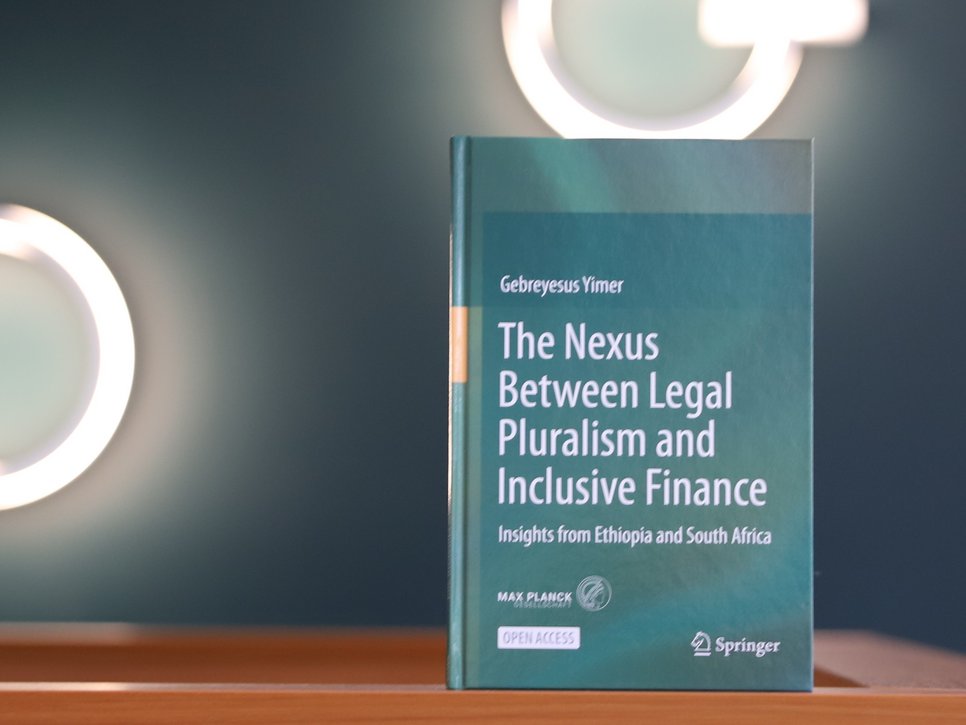
Financial inclusion is closely connected to at least eight of the seventeen UN Sustainability Goals. Access to financial services is primarily regulated by national law, but the rules often contain strict formal requirements that exclude many people from the financial system. Yimer examines legal practices in Ethiopia and South Africa to show how legal pluralism can enable and promote an inclusive financial system.
Written in English, the book addresses researchers and students in legal theory, law and society, law and anthropology, legal pluralism, law and culture, and law in Africa. It also offers valuable insights and perspectives for policymakers working on questions of law and development, financial inclusion, and financial regulation in developing countries. It is available in print or online as an open-access publication and can be accessed here.
Dr Gebreyesus Abegaz Yimer studied at KU Leuven, where he obtained his PhD and at Erasmus University Rotterdam, where he obtained an LLM in International Business Law. He was an associate professor of law at Mekelle University, teaching in both the graduate and undergraduate programs. He is currently a visiting scholar at KU Leuven.
Image: © Max Planck Institute for Comparative and International Private Law
